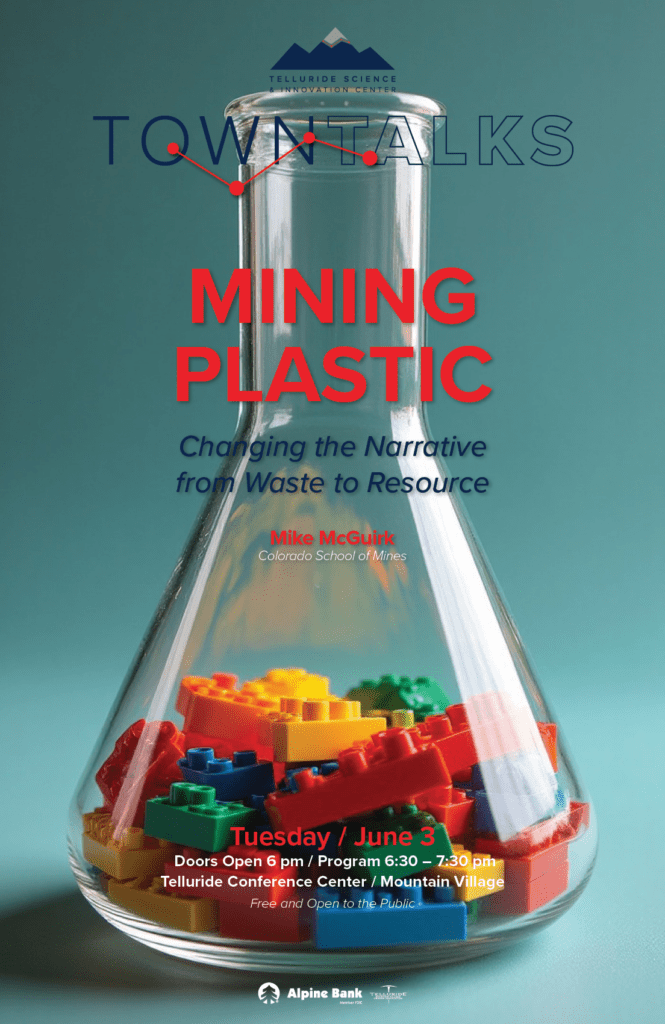


Projections show that 25 billion tons of plastic waste will be produced by the year 2050, and the majority will be discarded to landfills and the environment. Given what we have been told by decades of public service announcements, our first instinct would most likely be to improve existing mechanical recycling infrastructure. Only about 14% of plastics are currently collected for recycling, and only 10% are re-introduced into the market as post-consumer plastic. However, only 2% of plastics are ‘‘closed-loop’’ recycled into similar products from which they came, due to the shortcomings of the mechanical recycling process leading to performance loss in the plastics. Given the poor returns from mechanical recycling and the continued inability to rely on environmental consciousness as a motivator for the public, it comes as no surprise that we find ourselves with our current plastic-waste problem. Therefore, we should aim to change the narrative surrounding plastics, from one of burdensome waste to one of valuable resource. Wherein polyolefin-based post-consumer plastics can be harvested, or ‘‘mined,’’ for their valuable chemical and energetic resources. The goal of this talk is to highlight resources stored in plastic waste and what chemists are doing to transform this effectively free solid form of petrochemicals into value added products, particularly those that can further other sustainability efforts.